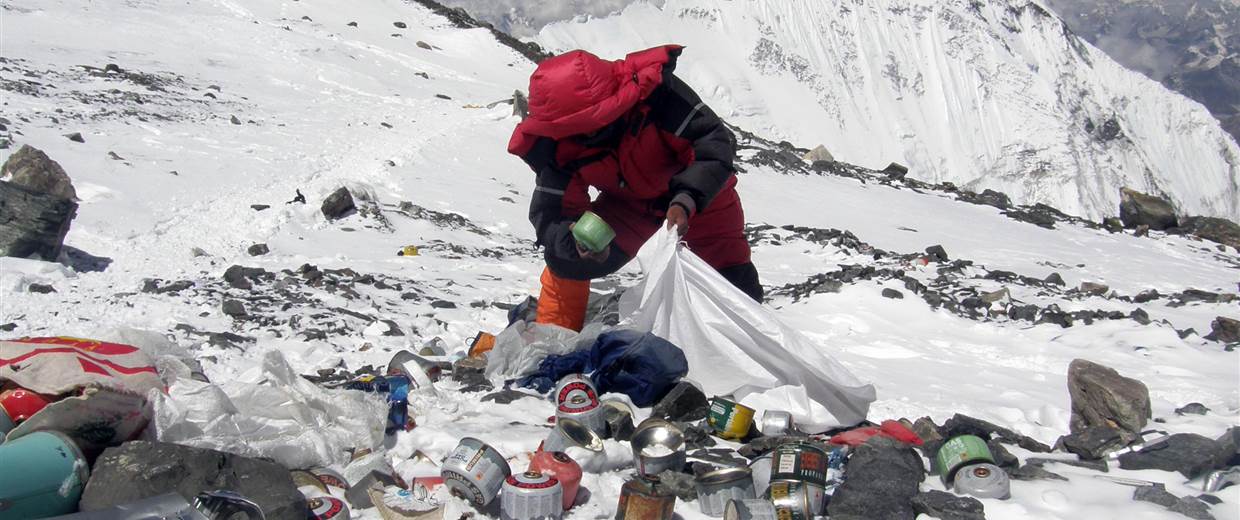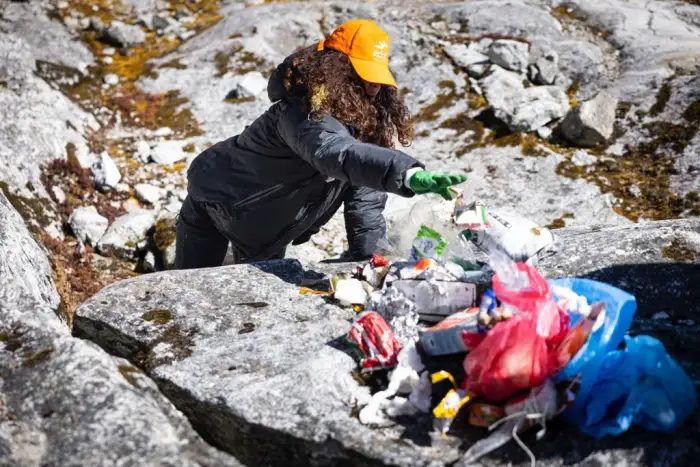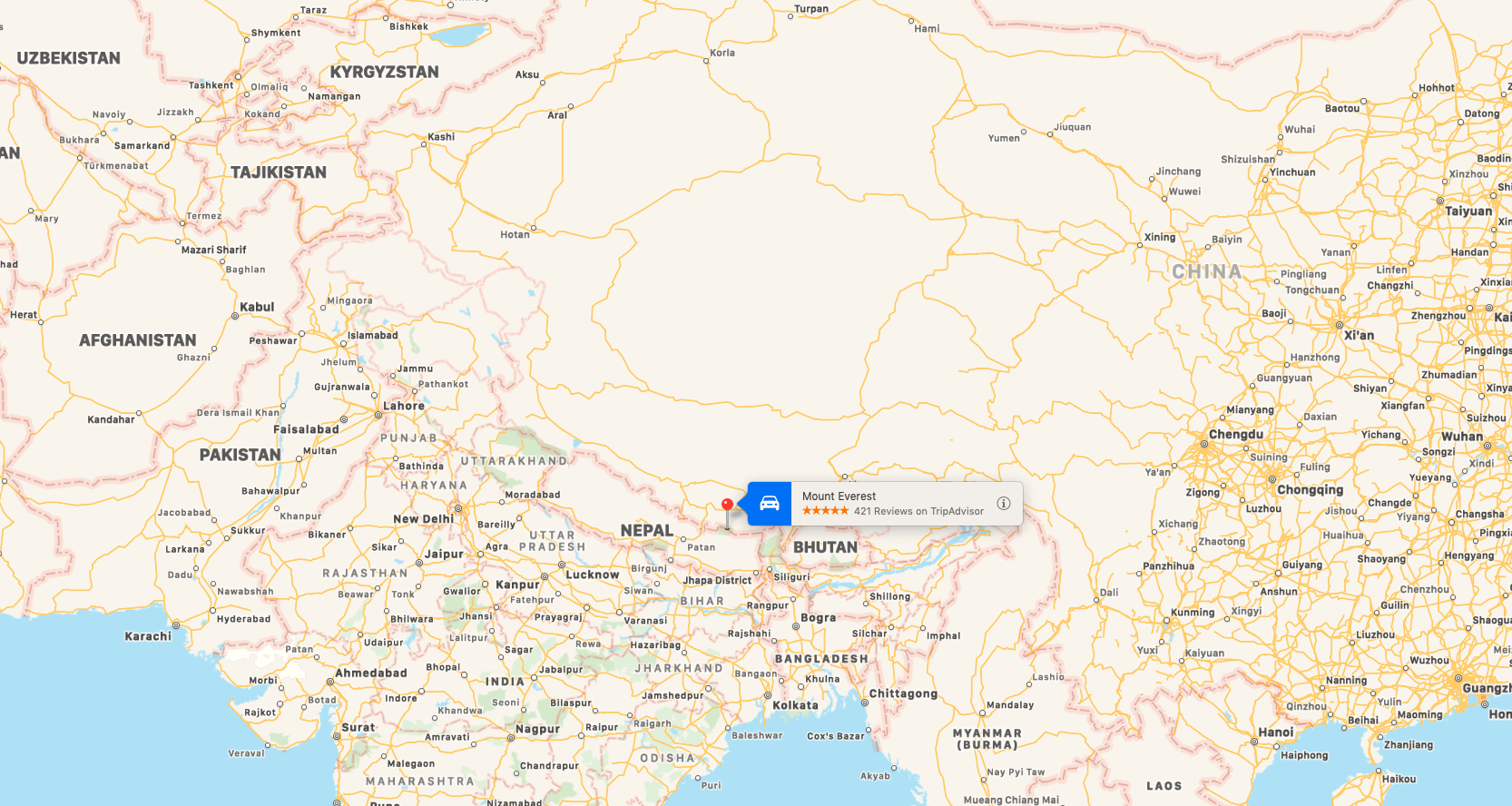
A massive cleanup operation has been launched by the Nepali Army on Mount Everest ahead of the annual climbing season. The campaign aims to collect tons of garbage and human remains from the world’s highest peak. 12 Nepali soldiers and 18 Sherpas have arrived at Everest Base Camp to start this year’s Mountain Cleanup Campaign. They will be retrieving an estimated 10 metric tons of debris and the bodies of five climbers who perished on the mountain.
This cleanup effort follows a deadly climbing season in 2023, where 12 mountaineers lost their lives on Everest, and five others went missing, presumed dead. Last year’s high death toll was partly attributed to the effects of climate change, which caused unpredictable and treacherous weather conditions on the mountain.
The Nepali government has been criticized for issuing too many permits to climbers. Over 450 permits were granted last year, each costing thousands of dollars. Some have called out low-cost guiding companies for taking on inexperienced clients and prioritizing profits over safety.
Authorities have implemented new regulations to improve safety and reduce trash on Everest. All mountaineers must wear electronic tracking devices, collect and carry their waste back to base camp, and pay an expensive trash deposit.
Garrett Madison, founder of Madison Mountaineering, who just spearheaded a clean up of 300 kg of trash from Annapurna, said “The poo bag initiative is well intended, and an affirmation to what we’ve been practicing here for decades.”

Despite these efforts, Everest remains littered with debris, human waste, and the tragic remains of those who lost their lives in pursuit of the summit. The Nepali Army’s cleanup operation is a crucial step in restoring the majesty of Everest and honoring the fallen climbers who have made the ultimate sacrifice.
As the brief spring window for safe climbing approaches, the soldiers and Sherpas will brave treacherous conditions to retrieve the bodies of the deceased and haul away the tons of garbage that have accumulated on the mountain’s slopes.
Their mission is not only a logistical challenge but also a solemn duty, a testament to Nepal’s commitment to preserving Everest’s sanctity and ensuring that the world’s highest peak remains a source of awe and inspiration for future generations.
